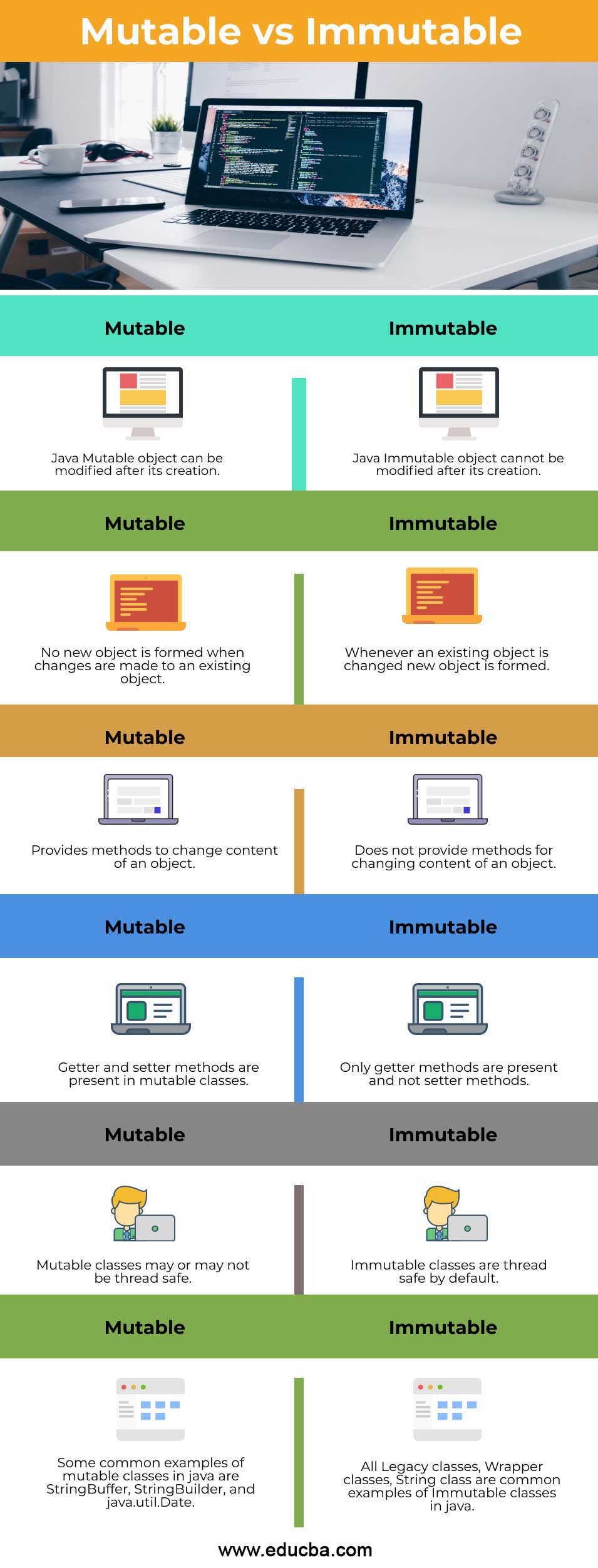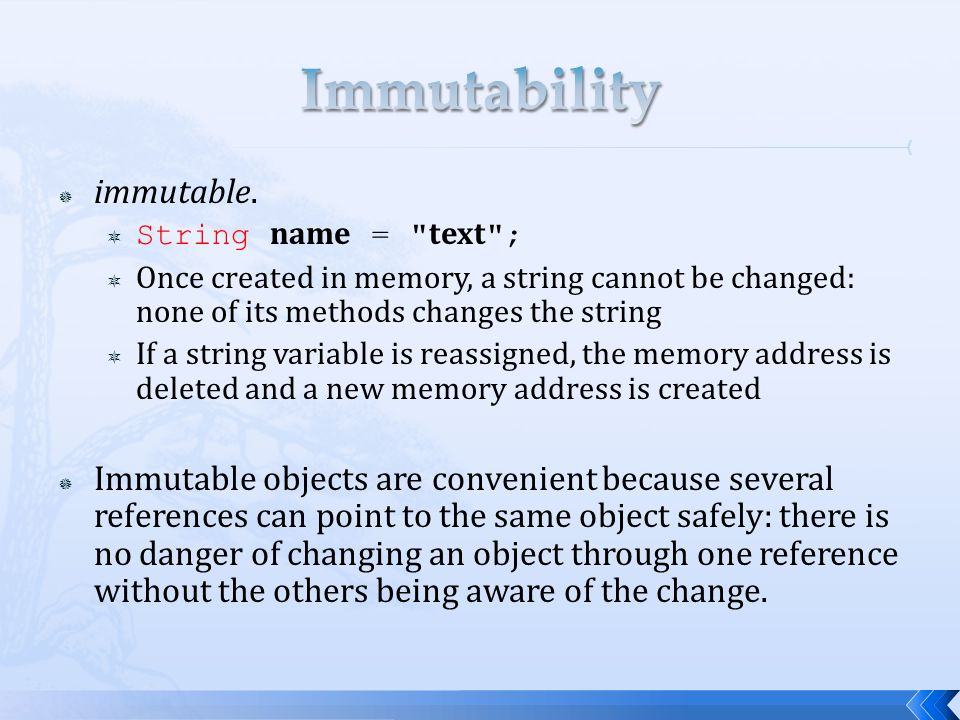What Is Immutable Strings and How It Functions
In the realm of shows, comprehending the principle of immutable strings is paramount for developing protected and durable applications. Unalterable strings refer to strings that can not be changed after they are created, ensuring information integrity and predictability within the code.
The Essentials of Immutable Strings
Unalterable strings, as a fundamental concept in programming, are personality sequences that can not be transformed as soon as they are produced. This indicates that as soon as a string is appointed a worth, that value can not be altered. In languages like Python and Java, strings are unalterable objects, resulting in numerous implications in regards to memory monitoring and data stability.
Among the crucial advantages of immutable strings is that they give a complacency in data control. Given that the content of an immutable string can not be modified, it guarantees that the original data remains undamaged, decreasing the danger of unintentional changes during program execution (Why are strings immutable in Java?). This residential or commercial property likewise streamlines debugging processes, as designers can rely on that as soon as a string is specified, its value will certainly not be inadvertently changed
When a brand-new string is created based on an existing one, instead than customizing the original string, the new value is stored individually. Generally, understanding the basics of unalterable strings is vital for grasping programming ideas and maximizing code efficiency.
Benefits of Immutable Strings
Building upon the safety and effectiveness benefits of unalterable strings, their benefits encompass enhancing code integrity and simplifying simultaneous programs tasks. By being immutable, strings can not be modified after creation, which eliminates the threat of unintentional adjustments in the information they store. This intrinsic immutability makes sure that when a string is created, its worth continues to be continuous throughout the program's execution, reducing the chances of pests brought on by unforeseen changes.
Furthermore, immutable strings add to code integrity by making it simpler to reason about the state of a program. Since strings can not be transformed, developers can rely on that a string will constantly hold the exact same value, simplifying debugging and maintenance initiatives. This predictability brings about much more reliable and secure codebases.

Execution in Shows Languages
Within numerous shows languages, the incorporation of unalterable strings is a basic aspect that impacts exactly how data is handled and manipulated within code frameworks. The implementation of unalterable strings differs across various shows languages, with each language supplying its own devices to sustain this idea.

On the other hand, languages like C and C++ do not have built-in support for immutable strings. Programmers in these languages should manually carry out immutability by implementing regulations within their code to stop straight alterations to string objects.
Ideal Practices for Working With Unalterable Strings
When managing immutable strings in shows languages like Java and Python, adhering to finest practices makes sure efficient and safe data manipulation. Among the crucial best techniques is to use StringBuilder or StringBuffer rather than straight manipulating strings, specifically when dealing with considerable concatenation operations. These classes offer mutable options for string control, assisting to stay clear of unneeded memory allocations and improving efficiency.
Furthermore, when working with delicate data such as passwords or API keys, it is vital to prevent storing them as click to find out more plain text in unalterable strings. Using protected storage devices like char ranges or specialized libraries for taking care of delicate info aids alleviate safety and security threats connected with immutable strings.
Real-world Applications and Instances
Exploring useful implementations of immutable strings in various markets reveals their substantial influence on data honesty and system integrity. In the medical care industry, immutable strings play an important duty in guaranteeing the safety and security and confidentiality of person data. By preventing unapproved adjustments to delicate details such as medical documents and prescriptions, unalterable strings help maintain compliance with strict privacy laws like HIPAA.
Financial institutions also benefit from the unalterable nature of strings to enhance the safety and security of consumer data and deal documents. Immutable strings aid stop scams and unapproved changes to financial information, supplying a robust protection against cyber dangers and making certain the trust and self-confidence of clients.

Conclusion
Ideal practices for working with unalterable strings consist of avoiding direct adjustments and utilizing methods that return brand-new string items. Real-world applications of unalterable strings include data file encryption, caching, and string control tasks.
Immutable strings refer to strings that can not be modified after they are produced, making sure data honesty and predictability within the code. When a brand-new string is produced based on an existing one, instead than changing the initial string, the new worth is saved independently.In languages like Java and Python, strings are unalterable by default, meaning that as soon as a string things sites is developed, its value can not be transformed - Why are strings immutable in Java?. Finest practices for working with immutable strings include avoiding straight adjustments and utilizing approaches that return new string things. Real-world applications of unalterable strings consist of information encryption, caching, and string manipulation jobs